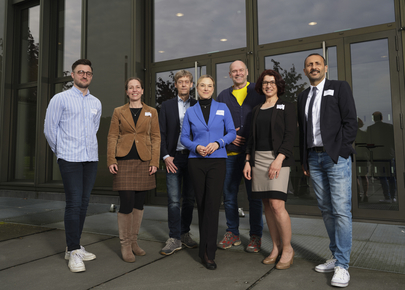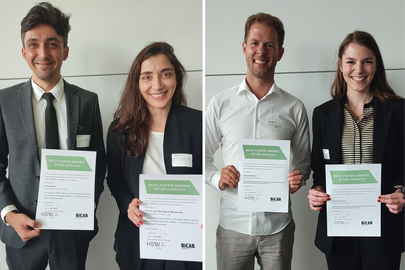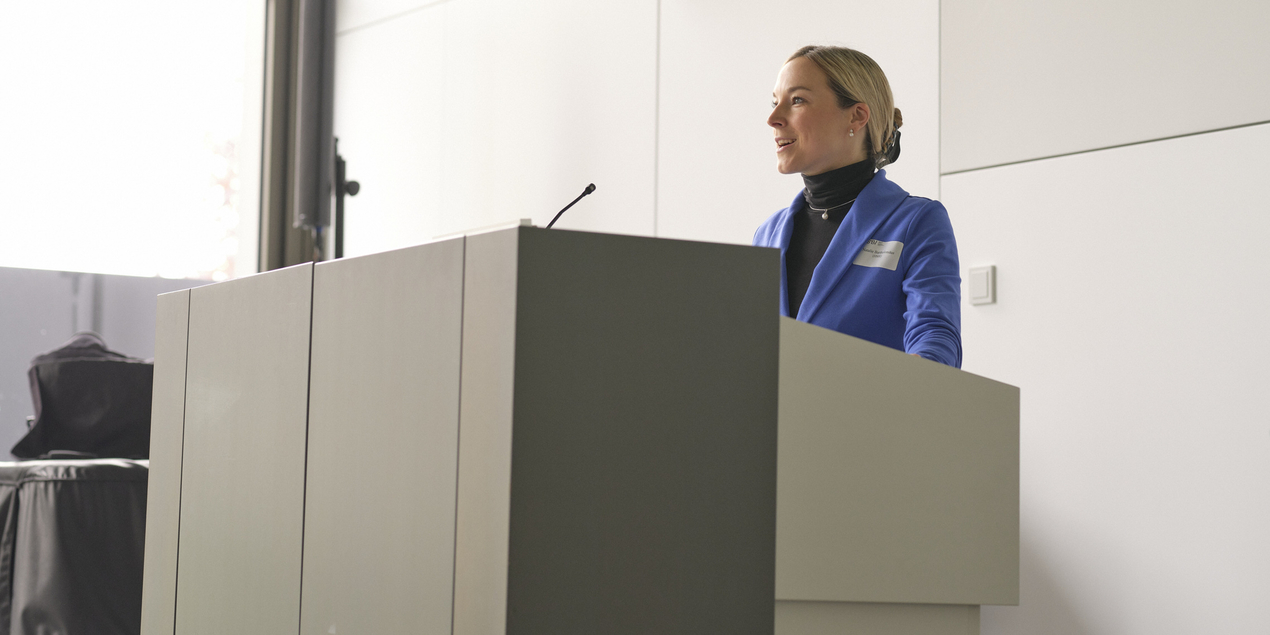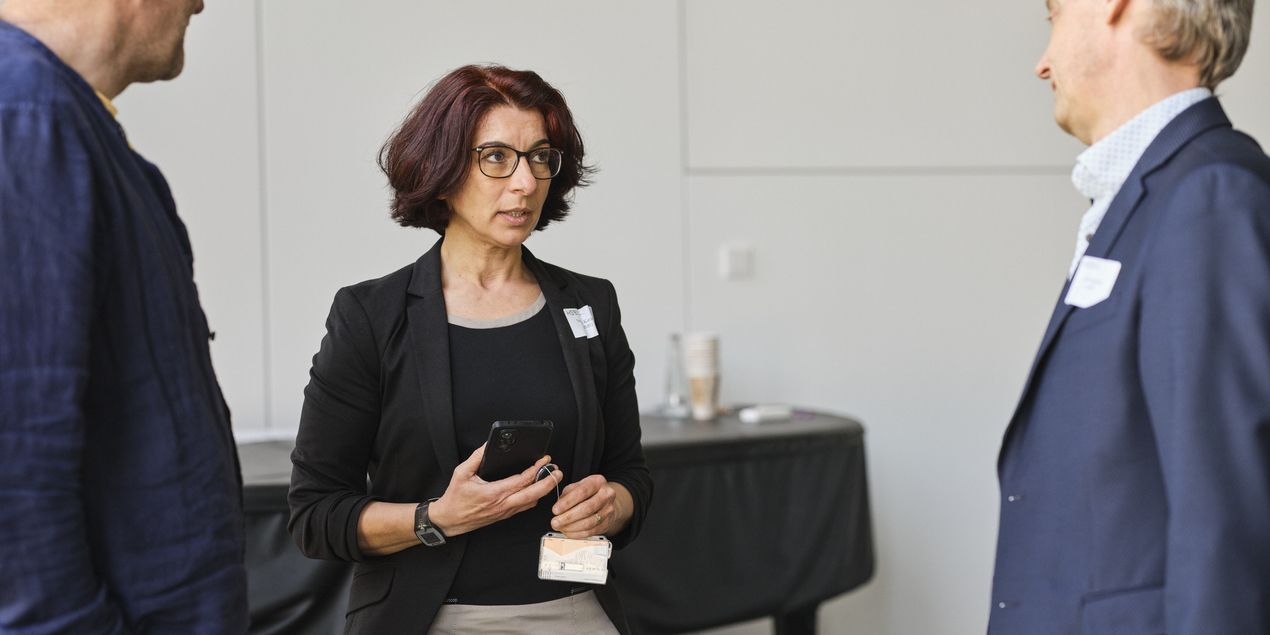- Home
- Hochschule
-
Studium
- Studienangebote
-
Beratung
- Studienorientierung
- Zentrale Studienberatung
- Studienfachberatung
- Psychosoziale Beratung
- Studienfinanzierungsberatung und Stipendien
- Schreibberatung
- Studieren mit beruflicher Qualifikation
- Studieren mit ausländischen Zeugnissen
- Studieren mit Handicap
- Studieren mit Familie
- Informationen für Schulen
- Auslandsaufenthalt
-
Bewerbung
- Auswahlgrenzen und Vergabeverfahren (NC)
- Bewerbungsportal
- Bewerbung Schritt für Schritt: Von der Bewerbung bis zur Einschreibung
- Bewerbung für ein höheres Fachsemester
- Bewerbung mit beruflicher Qualifikation
- Gasthörerschaft und Zweithörerschaft
- Kontakt Studierendenservice
- Losverfahren
- Promotion
- Sonderanträge
- Studiengang wählen
- Wer kann an der HSBI studieren?
- Studienstart
-
Studium organisieren
- Studierendenservice
- Abschlussunterlagen
- Anerkennung von Leistungen
- Anträge einreichen
- Beurlaubung
- CampusCard
- Einreichung schriftliche Arbeiten
- Exmatrikulation
- IT-Services
- Online-Serviceportale (LSF/CAT)
- Prüfungsangelegenheiten: Ordnungen, Modulhandbücher
- Rücktritt von einer Modulprüfung
- Rückmeldung
- Semesterbeitrag
- Semesterticket (Studi-Deutschlandticket)
- Semester- und Vorlesungszeiten
- Studienbezogene Auslandserfahrung
- Studiengebühren
- Vorlesungsverzeichnis
- Rund ums Studium
- Fachbereiche
- Forschung
- Transfer
- Weiterbildung
- Internationales
- Karriere an der HSBI
“We are part of the solution, too!”: International business conference at HSBI highlights the importance of sustainable innovations in times of crisis
At the second BiCAB Conference organised by Bielefeld School of Business at HSBI, international guests from academia and business discussed sustainable and innovative solutions and the responsibility of business in times of crisis. Input was also provided by Greenpeace marine biologist Dr. Thomas Henningsen.

Bielefeld (hsbi). Business meets academia and sustainability: For the second time, HSBI’s Bielefeld School of Business convened the “Bielefeld International Conference on Applied Sciences,” BiCAB for short. Dean Prof. Dr. Riza Öztürk said: “The whole world is currently facing many crises at the same time. The global climate catastrophe is a particular challenge, as it requires global cooperation, making it all the more important to find cross-border innovations in sustainability issues. In times of crisis, this means that innovations contributing to sustainable development must be created with limited resources.”
Therefore, BiCAB 2023 was held under the theme “Sustainability Innovations in Times of Crisis.” In addition to students and alumni, the attendees included international experts from academia and business. In presentations, best practice examples and papers, participants discussed the role and responsibility of business in times of crisis and introduced innovative, sustainable and specific concepts and solutions.

Sustainability activities at HSBI
The conference was opened with a presentation of HSBI’s sustainability activities. Prof. Dr. Natalie Bartholomäus, Vice President Sustainability, People & Culture, reported on more than 200 activities at the university, including 20 working groups consisting of university members who are active in individual areas, e.g. with sustainability events or in the working group “Paper-Free University.” “HSBI is on the right track!” said Bartholomäus.
Greenpeace expert: “Our behaviour in the coming years will be decisive for the future of humankind.”

Greenpeace marine biologist Dr. Thomas Henningsen held a presentation entitled “A brutal disaster and a simple solution – when environment meets economy!” “I was about to cancel my presentation, as I had read the latest, very worrying report of the Intergovernmental Panel on Climate Change,” Henningsen started his talk, saying that compared to 2022, the wording in the 2023 report changed from unpleasant to life-threatening. 80 percent of the oceans were overfished; the major problems were energy, resource and land consumption, resulting in drought and heat, he said. According to forecasts, he went on, 19 percent of the world will no longer be habitable in 2070, so that approximately 3.5 million people will have to be re-located. “But we’re not just part of the problem, we’re part of the solution, too: governments, scientists, businesses and society still have reason to hope and a lot is happening right now. The three main levers are renewable energies, circular economy and protected areas. Our behaviour in the coming years will be decisive for the future of humankind,” said Henningsen.
Small steps towards a sustainability strategy

A best practice example was provided by the company Halfar System GmbH. The Bielefeld-based bag manufacturer won two sustainability awards last year, “Sustainable Company of the Year” and the special “CSR Award OWL.” Employees Simone Rath and Marco Lemkemeyer presented the company’s sustainability strategy. Starting with small steps, such as the installation of a photovoltaic system on the company building’s roof in 2022, the company has since established a structured and systematic commitment to sustainability. With a circular economy, a production and consumption model is developed in which existing materials and products are shared, leased, reused, repaired, reconditioned and recycled for as long as possible, thus extending the life cycle of products.
Awards for the best papers

Subsequently, six papers were presented with topics ranging from sustainable human resource management for the reinforcement of organisational learning, to process mining supporting sustainable optimisations in livestock farming, to the management of sustainable consumer behaviour and sustainable use and security of IT. The two best papers were awarded with a 500-euro prize each: Prof. Dr. Ela Sibel Meydanoglu and doctoral candidate Ferhat Sayın from Turkish-German University as well as Prof. Dr. Manuel Stegemann and doctoral candidate Eliza Starke from HSBI received the awards.
Nermin Karaoğlu, who organised the conference and coordinates the faculty’s international activities, said: “We are pleased that the conference once again provided a platform for our international network of representatives from academia and business. My conclusion from the conference is that we are all part of the solution and can contribute to sustainability innovations that help tackle the crises of our time.” (nk/she)
Links
Press release BiCAB 2022
BiCAB
Bielefeld School of Business
International activities at Bielefeld School of Business





